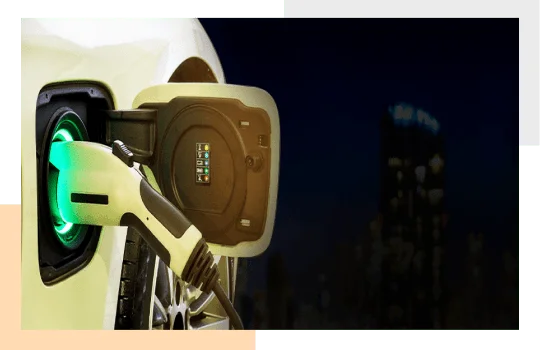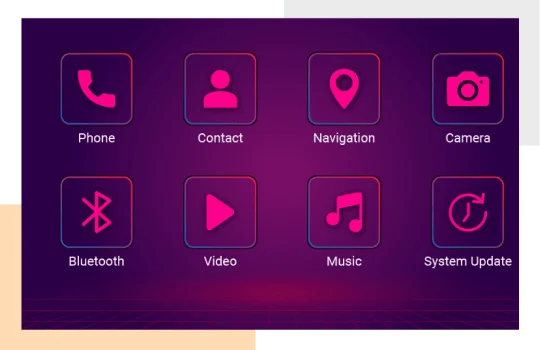Our Suite of Technology Solutions and
Platforms to Power Electric Vehicle Development
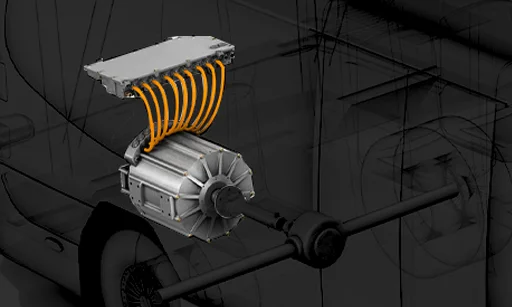
Motor Controller ECU Platform for EVs
- Configurable Platform for the development of Motor Controller for Electric Vehicles (EV) Drivetrain
- Delivers production-grade solutions for Electric Vehicle Applications (E-Taxi/Auto, Electric Scooters, Electric Four-Wheelers, etc.)
- End-to-end support for projects related to Electric Vehicle product development
- Expedited series production- Approximately 6 months for a prototype and 12-15 months for Production Grade ECU
- ISO 26262 standard compliant design and development
- Equipped with algorithms developed using MATLAB/MBD methodology (like FOC)
- Equipped with Regenerative Braking feature
- Can be integrated with motors like BLDC and PMSM, and AC Induction Motors for hybrid and IC Engine vehicles
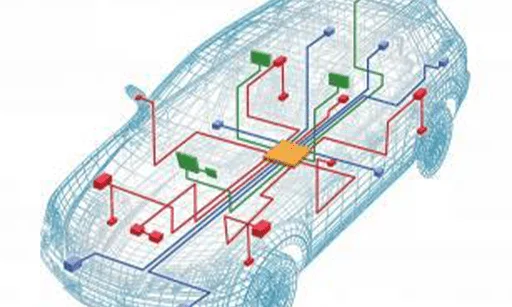
Body Control Module
- Easy to customize body control module solutions ranging from HVAC Control System, Seating Control, Adaptive Lighting Control, Power Windows, Smart Actuators, Electronic Power Steering and more
- Includes reference hardware design, Platform Software, ECU communication and vehicle diagnostic stacks (UDS (ISO 14229), OBD2) and motor control applications
- Designed using state-of-the-art model based design approach with tools like MATLAB/SIMULINK
- AUTOSAR and ISO 26262 Compliant
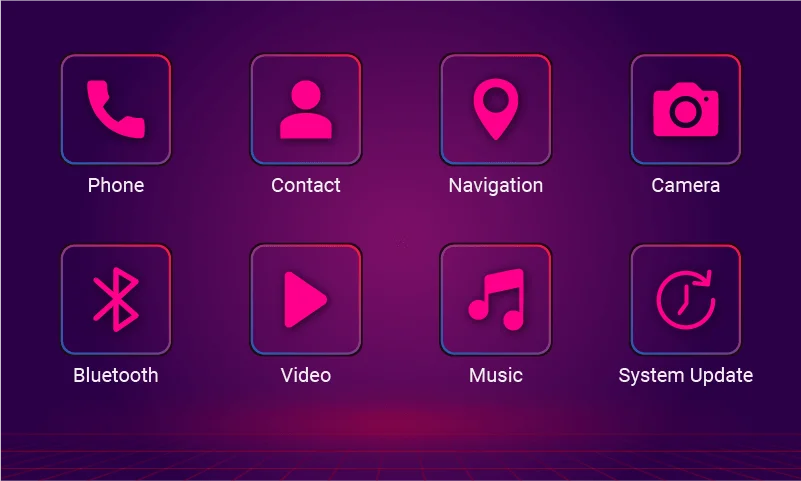
In-Vehicle Infotainment System
- Android based infotainment system with customizable features as per EV project requirement
- Support for complete solution including hardware/software development, 3rd party integration and testing
- Pre & Post-production support
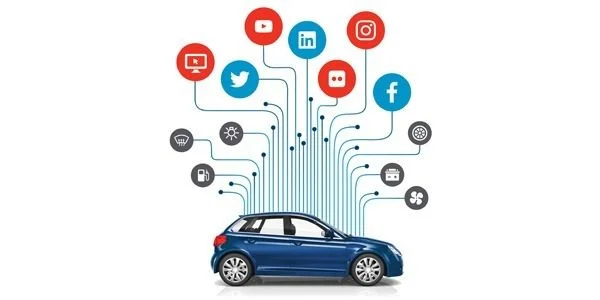
Telematics Solution Development
- Telematics Control Unit and Telematics Gateway Unit development
- Suitable for Fleet Management and Insurance Telematics
- Firmware-over-the-air (FOTA) enabled
- Driver Behaviour Detection (using AI/ML algorithms)
- IoT Cloud Connectivity
- Remote Monitoring of EV Battery’s state of charge
- Remote Monitoring of energy generation and consumption

Platform Software (Board support Package)
- Board Support Package (BSP) solutions and reference designs for an array of microcontroller platforms (RH850, RL78, Infineon TMS320, MPC57 and more)
- Support for custom BSP development, tailor-made for your Electric Vehicle development requirements
- Development of Diagnostics Module (UDS/J1939/KWP2000/OBD II)
- Development of safety module (RAM corruption test, ROM corruption test, CPU overload test, Stack Overflow Test, Program Flow Test)
- Implement Seed and Key algorithm for security access
- Development and Integration of ECU State Manager software module
- Development and integration of FCM (Fault Code Memory)
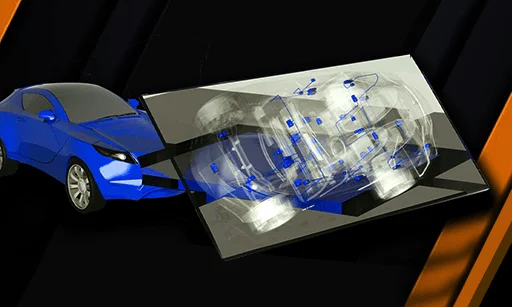
Library of Automotive Protocol Software to Expedite Series Production
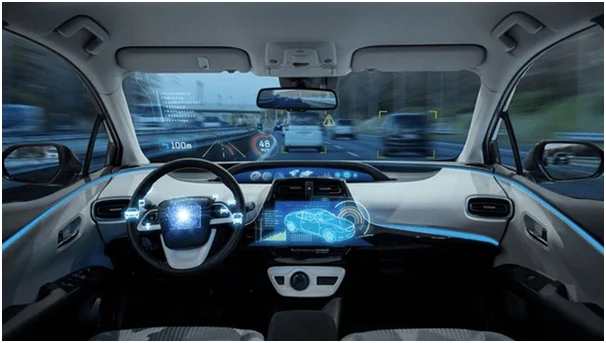
Digital Cockpit Development
- Custom development of best-in-class digital cockpit solutions with infotainment system, Head-Up Display module, telematics unit, HVAC control and driver monitoring.
- Application processors with intense processing capabilities and high performance.
- Hardware and software design as per ISO 26262 functional safety guidelines.
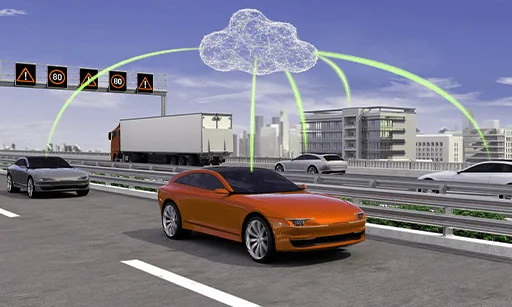
FOTA Update Enablement
- Ready-to-deploy FOTA update solution that is secure and scalable.
- Remote device management through Over-The-Air (OTA) firmware updates.
- Schedule, release, and report firmware build versions through a web server interface.
- Complete and atomic FOTA update sessions.
- Customization of FOTA components –Hardware/software design, development and testing.
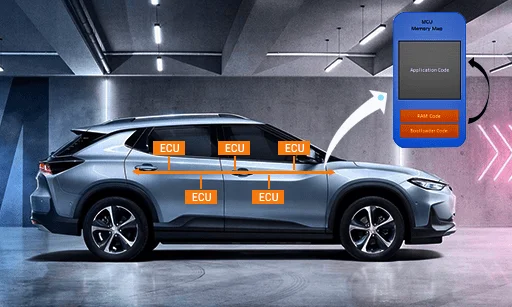
Flash Bootloader
- Ready-to-integrate flash bootloader solution for ECU reprogramming
- Memory footprint Bootloader compatible with application-level protocols like UDS on CAN, UDS on IP, J1939 and KWP2000.
- Ideal for remote ECU Flashing in Electric vehicles
- Expertise in development of GUI-based and Command line-based (for End-of-Line testing) ECU reprogramming tool
- Secure Boot Implementation powered by encryption/decryption, digital signature, Hardware security module etc.
Electric Vehicle Development Customer Success Stories
[EV video] Challenges in Electric Vehicle Charging System Development
Why Partner with Us?
With more than 17 years of experience in the automotive domain, our exceptionally skilled teams identify the pain points of the customers and offer targeted solutions
Dedicated team for EV development solutions
EVs have been at the epicenter of our innovation programs. Hence, we have a dedicated team in place with expertise in the development of EV-specific solutions.
Configurable Motor Control Platform
A proven motor controller platform ready to be configured for a specific EV use-cases including 4-wheelers, E-Autos and electric two-wheelers. Capable of reducing your EV’s time-to-market by more than 6-12 months
Ready-to-deploy platform software and automotive stacks
Our platform software/Board Support Package and library of protocol stacks like UDS, DoIP, CAN-FD etc. are ready-to-integrate. Our proprietary configuration tools help to configure these stacks to meet project specific requirements.
Complete EV Development with Integrated Automotive Standard Compliance
EVs have been at the Our development practices conform to the latest automotive standards including ISO 26262 and AUTOSAR.

FAQS
Electric cars rely on a range of software applications to manage various aspects of their operation. These include Battery Management Systems (BMS) for monitoring battery health and performance, Motor Control Software for regulating electric motor functions, and Regenerative Braking Control to optimize energy recovery during braking. Powertrain Management Software oversees the coordination of different powertrain components for efficiency and performance. Vehicle Control Units (VCU) serve as the central hub for integrating sensor data and controlling vehicle functions like acceleration and stability. Infotainment systems provide entertainment, navigation, and connectivity features, while Over-the-Air (OTA) Update Software enables remote updates for improved functionality and security. Additionally, some electric cars incorporate autonomous driving software for advanced driver assistance features.
Software technology is revolutionizing the EV sector in numerous ways. It optimizes vehicle performance, enhances user interfaces, enables autonomous driving, and facilitates over-the-air updates. Fleet management benefits from real-time monitoring and predictive maintenance, while smart charging algorithms optimize energy usage. Integration with smart grids and mobility services creates a more seamless ecosystem. These advancements improve efficiency, safety, and user experience, driving innovation and sustainability in the EV market. As software continues to evolve, it promises even more significant advancements, such as enhanced energy management, increased autonomy, and greater connectivity with smart infrastructure. In essence, software technology is not only shaping the future of electric vehicles but also redefining the entire transportation landscape.
Electric Vehicle development faces challenges such as battery technology advancement, charging infrastructure expansion, cost reduction, and range anxiety mitigation.
Electric Vehicle development positively impacts the environment by reducing greenhouse gas emissions and air pollution compared to traditional internal combustion engine vehicles. However, it also presents challenges related to the sourcing and disposal of lithium-ion batteries.
Some of the latest trends in Electric Vehicle development include the emergence of solid-state batteries, advancements in autonomous driving technology for EVs, and the integration of renewable energy sources for charging.
The future prospects for Electric Vehicle development are promising, with forecasts indicating continued growth in EV adoption, improvements in battery technology leading to longer ranges and faster charging times, and the expansion of charging infrastructure to support widespread adoption.
Related Blogs, Vlogs and Webinars
[Vlog] What are the Challenges Involved in Development of a Battery Charging Solution for Electric Vehicles?
Can we have electric vehicle charging stations just the way we have petrol and diesel fueling stations? Yes, but there are certain challenges related to charging protocols, software/hardware etc...
February 11, 2020
Read MoreUnderstanding Embedded Electronics Behind Solar Based Charging of Electric Vehicles
Reduction in cost of Solar PV panels, advancement in solar photovoltaic technology combined with the fast uptake of Electric Vehicles is paving way for a new revolution in the automotive industry...
March 18, 2020
Read More

